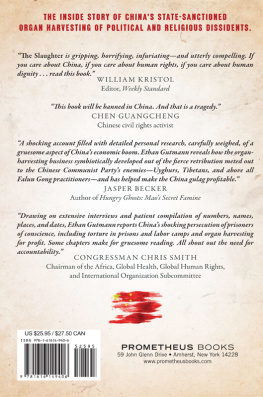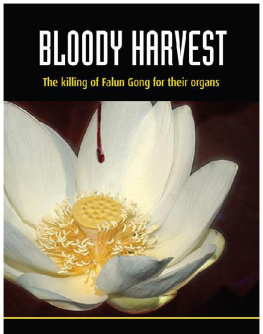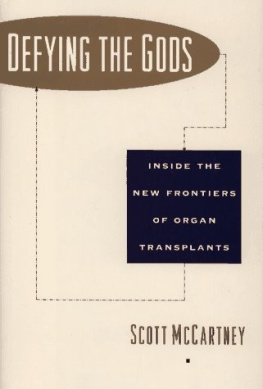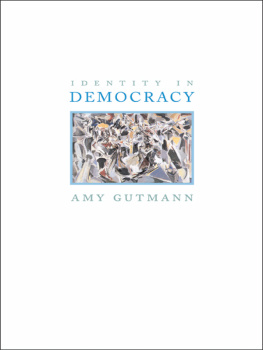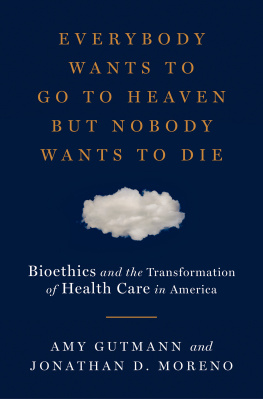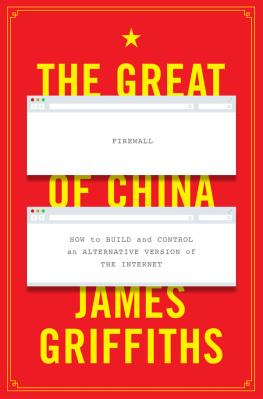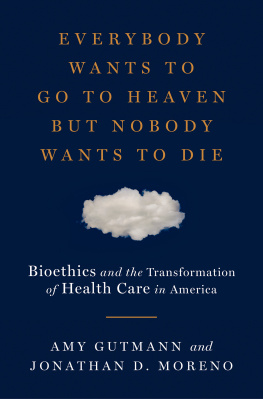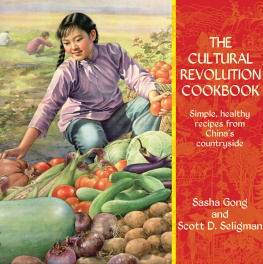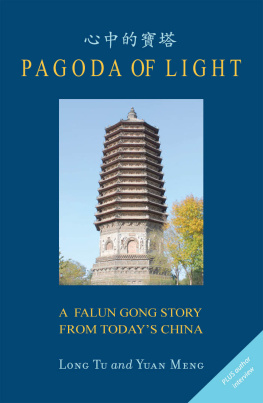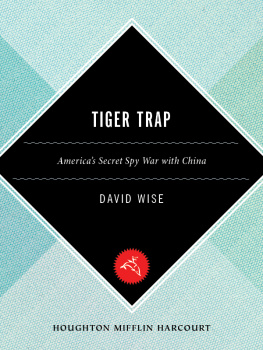Field research takes money. Without the ability to buy airline tickets and pay for expenses on the ground, including translation and research assistance, my investigation would have been confined to whatever was available on the webworthy of an op-ed or a long-form essay at best. Yet for all the sound and noise and hashtags, human rights research funding is scarce. Whatever is in the kitty tends to be funneled into activism. When it comes to investigating a long-running, slow-motion crime against humanity, the old saying rings true: the first dollar really is the hardest. So I reserve a very special sense of gratitude for the Earhart Foundation of Michigan, particularly program officer Montgomery Brown. After awarding me a respectable grant for my first book, Earhart chose to gamble on my second book, awarding me its maximum research grant (on what was admittedly a rather speculative research plan). In short, Earhart paid for my North American interviews.
Because the Chinese diaspora is distributed throughout the Pacific Rim, the Asia research component was just as financially challenging. The Peder Wallenberg family of Sweden filled the gap by supplying two research grants. The first paid for the interviews in Thailand, Hong Kong, Taiwan, and Australia. Following Leeshai's aborted expedition to Dharamsala (he was stopped in Hong Kong, interrogated, and ultimately sent back to Taipei because, as an active Falun Gong practitioner, he had been placed on the Chinese terrorist list), I passed on the majority of the second grant to Jaya Gibson. Jaya is an investigative bulldog, and he single-handedly launched an extended investigation into the organ harvesting of Tibetans using Dharamsala as his field office. I appreciate the opportunity to present Jaya's seminal contribution in this book, yet, as always, it comes down to the funding. Speaking for Jaya, Leeshai, and myself, we wish to express our gratitude for the Wallenberg's support of our work.
You may get a new laptop out of a grant, but you can't make a living by traveling around the world interviewing refugees. When the research funds were gone, my household's funds were equally depleted. A donor stepped in and bridged that financial gap, no strings attached, at exactly the right time. He prefers to remain in the background. I respect that, but he should know that his support made it possible for Leeshai and I to begin the process of sifting through what we had collected, and I thank him for his generosity.
Finally, the National Endowment for Democracy (NED) furnished me with a modest travel budget to undertake what must have seemed like a fairly speculative investigation into Uyghur organ harvesting. I had a start on the Uyghur investigationand it should be mentioned that Jaya Gibson played a significant role in the Nijat Abdureyimu interview in Italy, and he also conducted the taped interview of Enver Tohti in Londonyet the critical missing link of the organ-harvesting story was hidden in Central Europe. I'm grateful, not only to Louisa Coan Greve of NED, but also to various individuals, particularly Omer Kanat, Alim Seytoff, and Dolkun Isa, who actually oversaw the bureaucratic grunt work of administering the travel grant, and also persuaded confidential witnesses to talk to me.
Money came from several other sources, but this is the category where I also had to earn my keep. The most important was the Weekly Standard, where Richard Starr and Bill Kristol had the guts to run just about every long-form essay on China that I proposed. World Affairs Journal, with the help of my old editor Peter Collier, also published several of my essays, as did Rich Lowry of National Review.
I make no apologies for prepublishing portions of this book. At a difficult time for the publishing world, this was a reasonable financial strategy, and it also allowed me to assuage some of the guilt that builds up when you feel you are sitting on important material (although, as I pointed out in the afterword, trying to actually take credit for saving lives in China is a fool's game).
In addition, New Tang Dynasty Television hired me as consultant for a couple months back in 2006 in an effort to get a film project started with the BBC. That project never received mainstream backing, but I'm grateful to NTDTV, particularly Shiyu Zhou and Zenon Dolnyckyj, for rustling up the seed money that facilitated my first interviews with Hao Fengjun, Chen Yonglin, and Jennifer Zhang in Australia. A few years later, some Canadian Falun Gong practitioners defrayed the expenses for a trip to speak to the Canadian parliament. I took that opportunity to complete the Uyghur interviews and paint an accurate portrait of the Ghulja Incident.
In the interests of full disclosure I should also mention that I often stayed on practitioner and Uyghur couches throughout the world as a way to save money on the road, and I appreciate the individuals who offered me such hospitality on short notice (Sound of Hope Radio Network in Taipei, I'm particularly thinking of you here). Yet before anyone accuses me of going native, let me be clear on this point: neither a consultancy nor a couch has ever influenced my research or what I report. I would have accepted funding from the PSBor the devil himselfto complete this book.
Yet there was one person whose influence I could not ignore, someone who I had to listen to very closely. However, she did not dictate anything other than the directive that I should write. It's traditional to speak about one's wife in the last paragraph of the acknowledgments. I did that in the last book, and those feelings have only intensified over a decade. So this time, let me put it in financial terms instead: this book would not exist without my wife's support. Beyond the institutions and the patrons I have mentioned, my wife made this book possible simply by getting up early and going to work. Her love was her loyalty. And anyone who really appreciates the publication of this book should be aware that my wife's love was the hidden force behind it.
There were several individuals who can also take credit for bringing this book to print. One is no longer with us. Theron Raines, my literary agent, passed away in Medusa, New York, in November 2012. Theron had a great heart, and his confidence in my work was infectious. I am sorry that we were not able to make the journey to publication together.
Following Theron's death, Cliff May, the president of the Foundation for Defense of Democracies (FDD), persuaded me to reframe the book with a more intense focus on organ harvestingin other words, to paint the target around the hole I shot in the barn. Jonathan Schanzer, vice-president for research at FDD, introduced me to the woman who would become my new literary agent, Maryann Karinch. She not only found a great publisher in record time, Maryann made it look easy. She is the answer to a prayer.
Maryann chose wisely in Prometheus Books, whose editor-in-chief Steven L. Mitchell treated my book both as a special project and a shared vision from day one. He showed great flexibility not only following the death of my father last year, but all the way through the final editing. During the difficult process of arranging over seventy photos, Melissa Ra Shofner from the editorial department was unflaggingly cheerful, practical, and incredibly patient. Finally, there is the guy I was actually in the trenches withBrian McMahon, my editor, who quietly matched my pace when I was advancing, whispered to me when I lost my sense of direction, and covered my back while I regrouped. I apologize to the whole staff for the blitzkrieg at the end, but I thank you for making this a better product.

